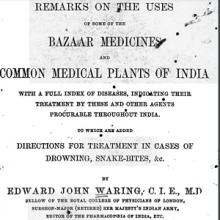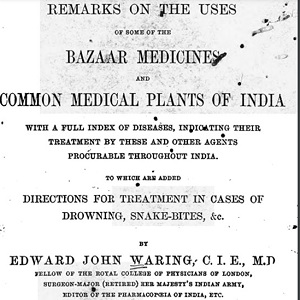Asia

"Resolutely support the just struggle of the American Blacks!" Propaganda Poster, 1963
The title of this Chinese propaganda poster is “Resolutely support the just struggle of the American Blacks!” (Jianjue zhichi Meiguo heirende zhengyi douzheng!).

“Drive the old and new colonialists out of Africa!” Propaganda Poster, 1964
This Chinese propaganda poster, dated August 1964, was designed by Chinese painters Wang Datong and Du Yongqiao and published by the People’s Fine Arts Publishing House in Beijing.
Speech by U.S. Civil Rights Leader Robert Williams, 1966
American civil rights leader Robert Williams delivered this speech on August 8th,1966 at a demonstration in Beijing commemorating the third anniversary of Mao Tse-tung’s “Statement
Mao Tse-tung's Statement Regarding Racial Discrimination in the United States, 1963
Chinese Communist Party Chairman Mao Tse-tung delivered this speech on August 9th, 1963 prior to the March on Washington for Jobs and Freedom. In it, he expresses support for Black Americans’ struggles against racial discrimination and calls upon peoples of the world to unite against U.S.

Short Teaching Module: Teaching the Intersection of Gender and Race through Colonial Medical Texts
This module focuses on medical texts written by British doctors working in India and their gendered and racial categorization of ailments and diseases.

Edward Waring on Borax as medicine in India
Waring published the book in several Indian languages and another publication Supplement to the Pharmacopoeia of India, written by Moodeen Sherriff, an Indian doctor working for the colonial administration, provided the translations and medical plant knowledge in 14 different languages.

Edward Waring on Assafœtida as medicine in India
Medical publications appealed to a medical and popular audience in the hopes of providing surgeons with tips on how to obtain similar drugs and medicine in local bazaars which could not be obtained elsewhere.

Veritable Records of the Chosŏn Dynasty
In the twenty-first century, we are used to post-Westphalian norms of inter-state equality and noninterference. These norms, however, did not apply to interstate relations between the Qing empire and its tributary states.

Page from the Pentaglot Manchu Glossary
The Qing empire was founded by the Manchus, and they used a language and a script that were distinct from those used in China Proper.

Page from Qing Veritable Records
The Qing court used a twelve-month lunar calendar based on the sexagenary cycle, distinct from the solar Gregorian calendar used by most of the world today. This page from the Qing Veritable Records (Da Qing shilu) provides a good example.